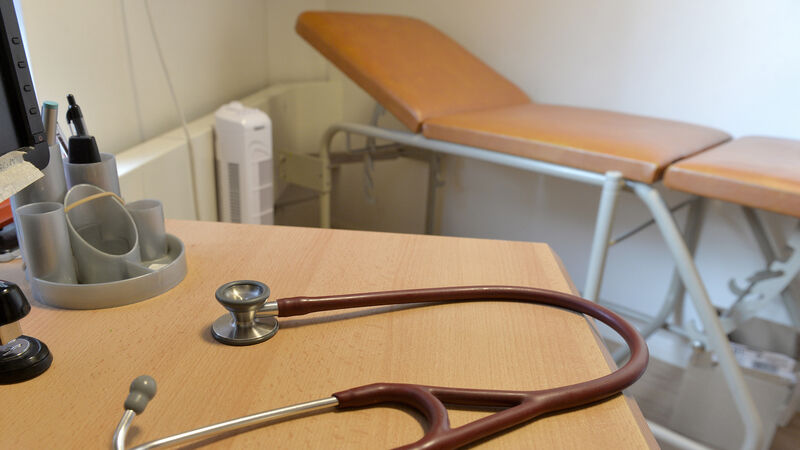Covid-19 has exacerbated gaps in ‘underfunded’ cancer services, says Irish Cancer Society

GPs have aired concerns about accessing hospitals for non-Covid care, including cancer services.
Dedicated theatre time, additional capacity and staff, and urgent funding are needed to address gaps in cancer services that have been exacerbated by the Covid-19 pandemic, the Irish Cancer Society has warned.
The cancer charity was commenting in the wake of concerns by family doctors about accessing hospitals for non-Covid care, including cancer services.













